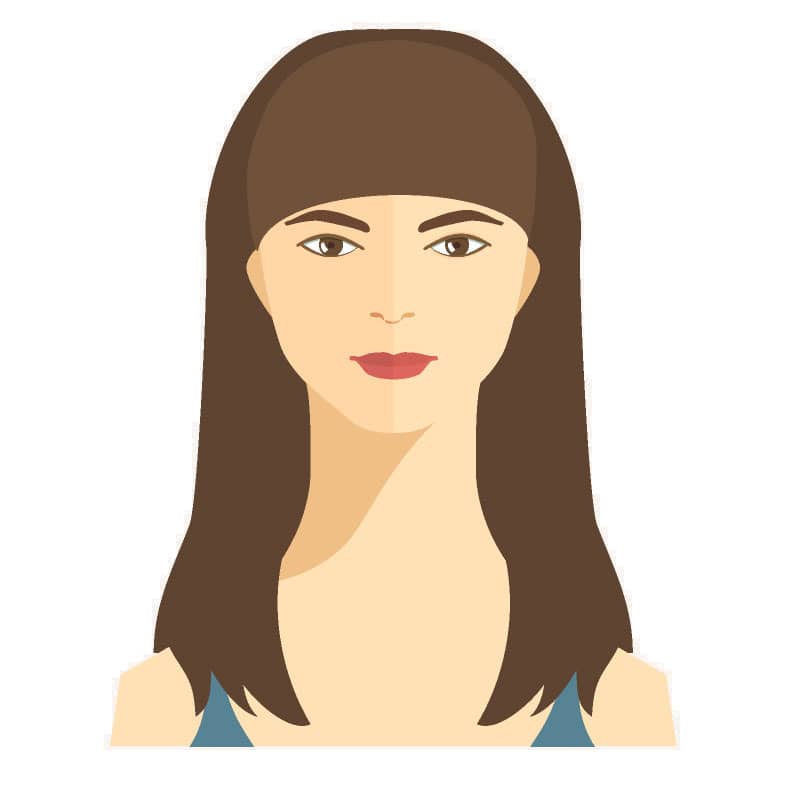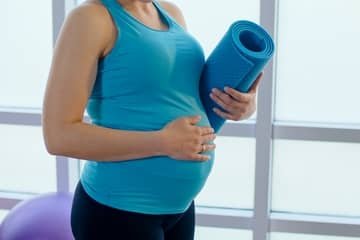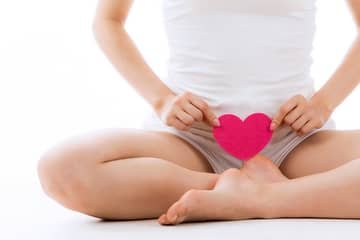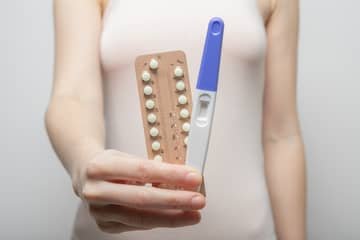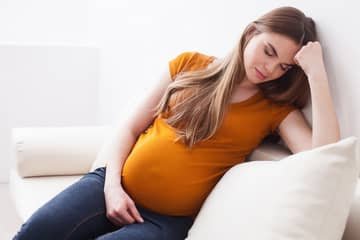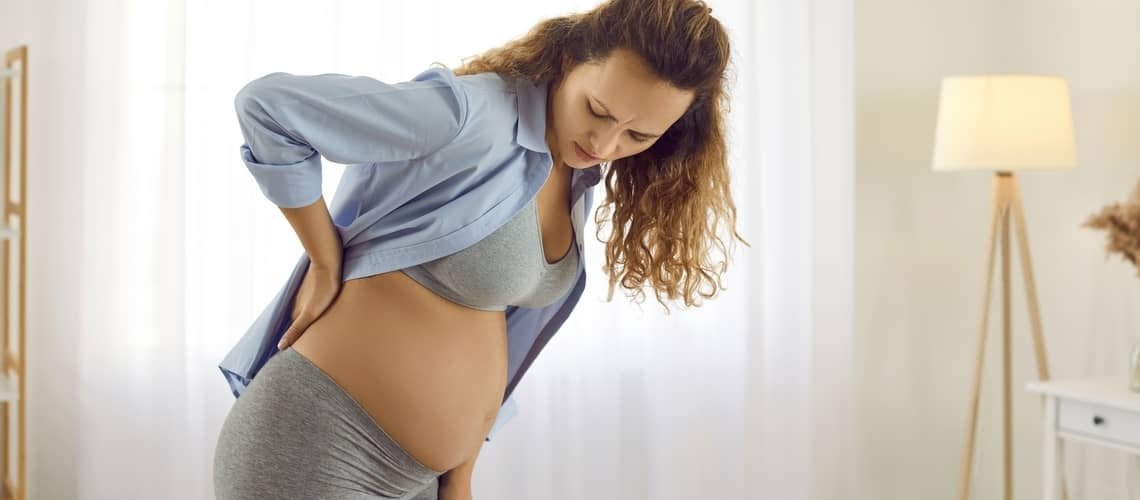
Low back pain during pregnancy. What about back pain in the first trimester, but also in the 9th month
Lower and back pain is one of the most common problems of pregnant women - more than 2/3 of expectant mothers suffer from it. Lower back pain appears in the 1st, 2nd and 3rd trimesters and is related to the body's preparation for a growing baby. The body simply reacts to the physiological and hormonal changes related to pregnancy and the change in the center of gravity.
Lower back pain most often appears in the 5th to 7th month, but it can often be painful already at the beginning of pregnancy. What are the most common causes of back pain in pregnancy? How to deal with lower back pain? You can find all the answers related to back pain during pregnancy in our article.
Causes of back and lower back pain during pregnancy
During pregnancy, there is a short period of weight gain, which leads to muscle overload and fatigue. We don't just mean extra pounds on the scale, but also a growing belly, which increases the demands on the whole body, including the back. The uterus expands and enlarges, pressing on the organs. The center of gravity changes, the abdomen protrudes forward and the cross bending of the spine deepens. Although you try to adapt your posture to the new state, the muscles involved in maintaining balance are overloaded.
Hormonal changes during pregnancy are a matter of course, affecting not only the construction of collagen structures, but also the composition of the intercellular mass of connective tissues. The body produces, among other things, progesterone and relaxin, which prepare the body for childbirth. Relaxin widens the birth canal, increases the ability of the walls of the arteries to stretch, reduces the resistance of the blood vessels, relaxes the wall of the uterus, thereby facilitating childbirth. During pregnancy, many women struggle with stress, which in turn contributes to stiffness and tension in the muscles. All of this can lead to back pain.
One of the causes of pain is also vascular changes - since the uterus presses on the vessels, there is a change in tissue circulation. During pregnancy, the pelvic organs have increased demands for blood flow, the body has to exert more effort to supply them, which causes pain in the lumbar region.
Lower back pain in the 1st, 2nd, 3rd trimester
Back pain is a signal that something is wrong with the body. It depends on when they occur, where exactly it hurts and during which activities.
In the 1st trimester, lower back pain is one of the symptoms of pregnancy for many women, it appears at the time of implantation of the egg and is also a consequence of the expanding uterus. In the 2nd trimester, the pain is caused by the growing belly and straining of the back muscles. It is also marked by hormones that help loosen ligaments (connective tissue between muscles and bones) in the pelvis and spine. The pain persists even in the 3rd trimester (whether it is the 30th or 35th week of pregnancy) and affects e.g. sleep of expectant mothers or getting up from bed or sofa.
Back pain during pregnancy does not only mean lower back pain, you can have pain not only in the lumbar spine and lower back, but also in the posterior pelvis, cervical spine and upper back, shoulders and chest area. The pain manifests itself with long-term stress on the spine when standing, sitting, lifting loads, it can be caused by walking up stairs, getting out of a car or getting up from a chair.
What about lower back pain? Rest and exercise
The most effective way to avoid low back pain in general is prevention, including regular physical activity and avoiding activities that cause pain. Long standing and sitting, i.e. long-term static load on the spine, should be avoided. It is appropriate to alternate positions, to use a support when sitting and to transfer weight alternately once on one leg and once on the other leg. Lifting and carrying heavy loads can cause pain, so it is better to avoid it. Also limit forward bending and trunk rotations. Regular rest will relieve you of the pain, it is advisable to use a pregnancy pillow when lying down.
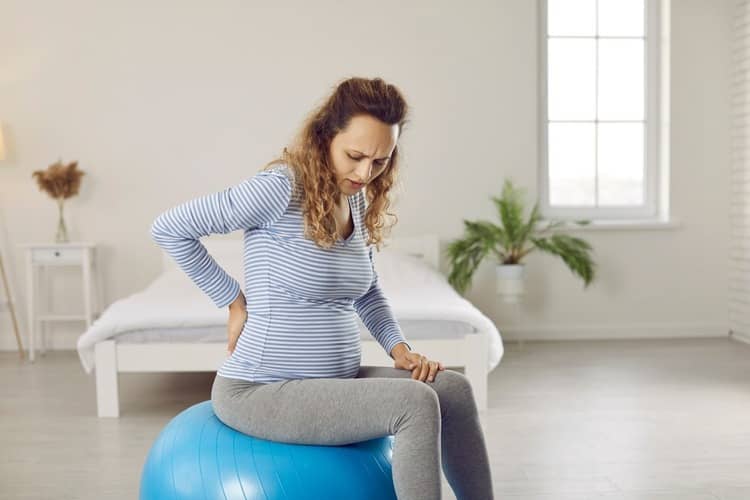
Exercises for back pain during pregnancy
You should strengthen your abdominal and back muscles even before pregnancy, movement should not be missing during pregnancy either. Planks, yoga, pilates, swimming and exercises on a fitness ball are good for strengthening the back muscles. However, any movement (of course, adapted to the state of health) is a plus in pregnancy. During the 1st trimester, focus on fitness exercises, the 2nd and 3rd trimesters on stretching exercises and proper breathing. During exercise, you should monitor your heart rate, it should not exceed 120-140 beats per minute.
If you don't dare to exercise at home, you can contact a qualified physiotherapist who will prepare a tailor-made exercise plan for you.
Tips to relieve back pain
According to many mothers, pregnancy is the most beautiful period in every woman's life. Yes, it is an experience that can seem like that to a woman in retrospect, but often everything is not as beautiful and simple as it seems. Hormonal and physiological changes can cause difficulties that the expectant mother has to cope with. One of them is back pain. We have prepared tips for you on how to reduce it.
- Change of shoes: Before pregnancy, you wore pumps every day and you don't want to give it up? The right footwear can have a beneficial effect on back pain. Choose shoes without heels and hard, thick and inflexible soles. Shoes should be as light as possible, support arch support and have enough space for your toes.
- Warm bath: A warm bath, a hot water bottle, or alternately applying a warm and cold compress to your lower back can relieve pain.
- Massage: During pregnancy, massaging the cervical spine and Achilles tendons is not appropriate, this does not mean that you have to avoid massage completely. Foot and ankle massage, as well as a gentle back massage, are very helpful for back pain. However, it must always be pleasant for you.
- Walks in the fresh air: Fresh air will help you de-stress and relax. Walk for as long as you can, if you can't, try to break the activity you are doing occasionally during the day and take shorter walks at a moderate pace.
- Rest and sleep: Sufficient sleep and rest will relieve stress and emotional tension. Relaxation will help you enjoy your pregnancy more and will also have a positive effect on back pain.
- Changing the sleeping position: During rest and sleep, do not lie on your back, but choose a position on your side - support your head and put a pillow between your legs and under your stomach.
- Correct posture: Increasing weight and a growing belly affect posture. Incorrect posture can be behind back pain. Consciously check your posture while walking, sitting and standing.
- Avoid pills: Taking paracetamol during pregnancy is considered safe, but do not overdo it. It is best to avoid drugs during pregnancy, if you are considering them, consult your doctor. This also applies to ointments and anti-inflammatory gels such as Voltaren, Veral and Ibalgin. Homeopathic ointment for back pain in pregnancy Traumeel S is considered safe. It must not be applied to large areas, which can be a problem with back pain.
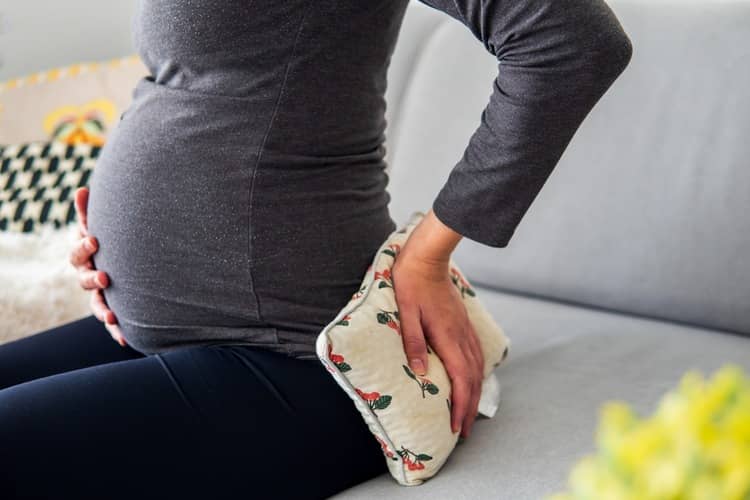
Low back pain during pregnancy - experience
As many women have confirmed in discussions and forums, lower back pain during pregnancy is common and appears in every trimester. When lying down, standing up, rolling over on the side, it sometimes occurs together with coccyx pain. Rarely the pain went away by itself after a certain period, but more often exercise is necessary, e.g. on a fitness ball or pregnancy yoga. It also helps to sleep with a pillow between the legs or regular massages. You can try a support belt that strengthens the lower back and supports the abdomen.
The most frequent questions - FAQ
Most pregnant women suffer from back and lower back pain. It can persist in the 1st, 2nd and 3rd trimesters of pregnancy, while the reason is physiological and hormonal changes. We told you above why pain occurs and how to relieve it. If you still have any questions about back pain or want to share your experience with this problem, the comments below the article are available for you.
When should I go to the doctor with pain?
What exercise will help my back pain during pregnancy?
Why do pregnant women have back pain?
Pridať komentár
